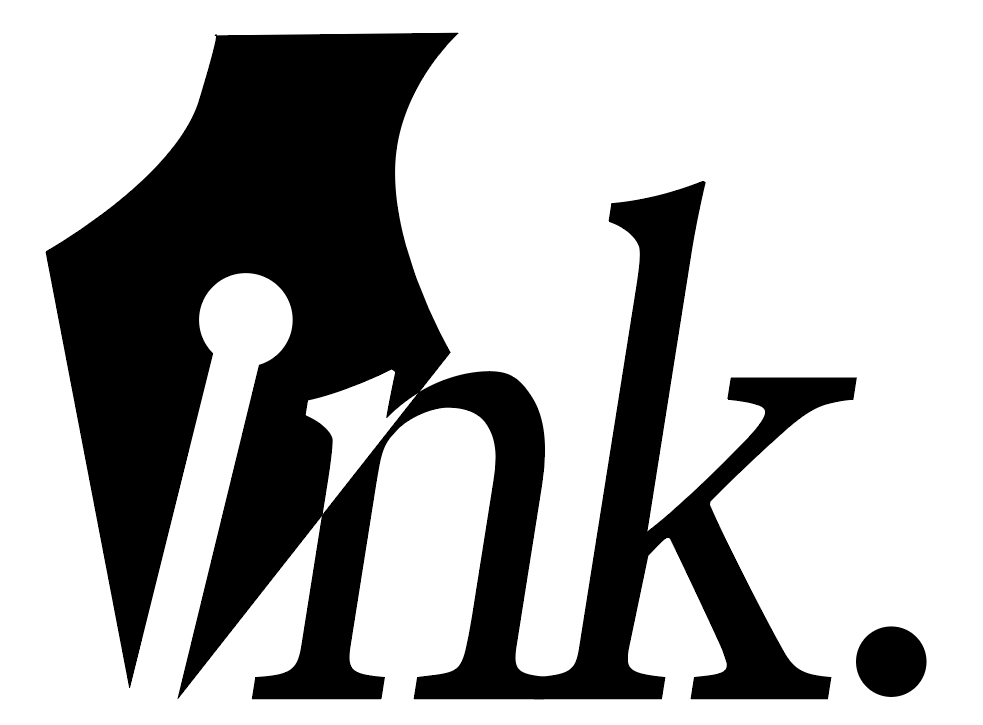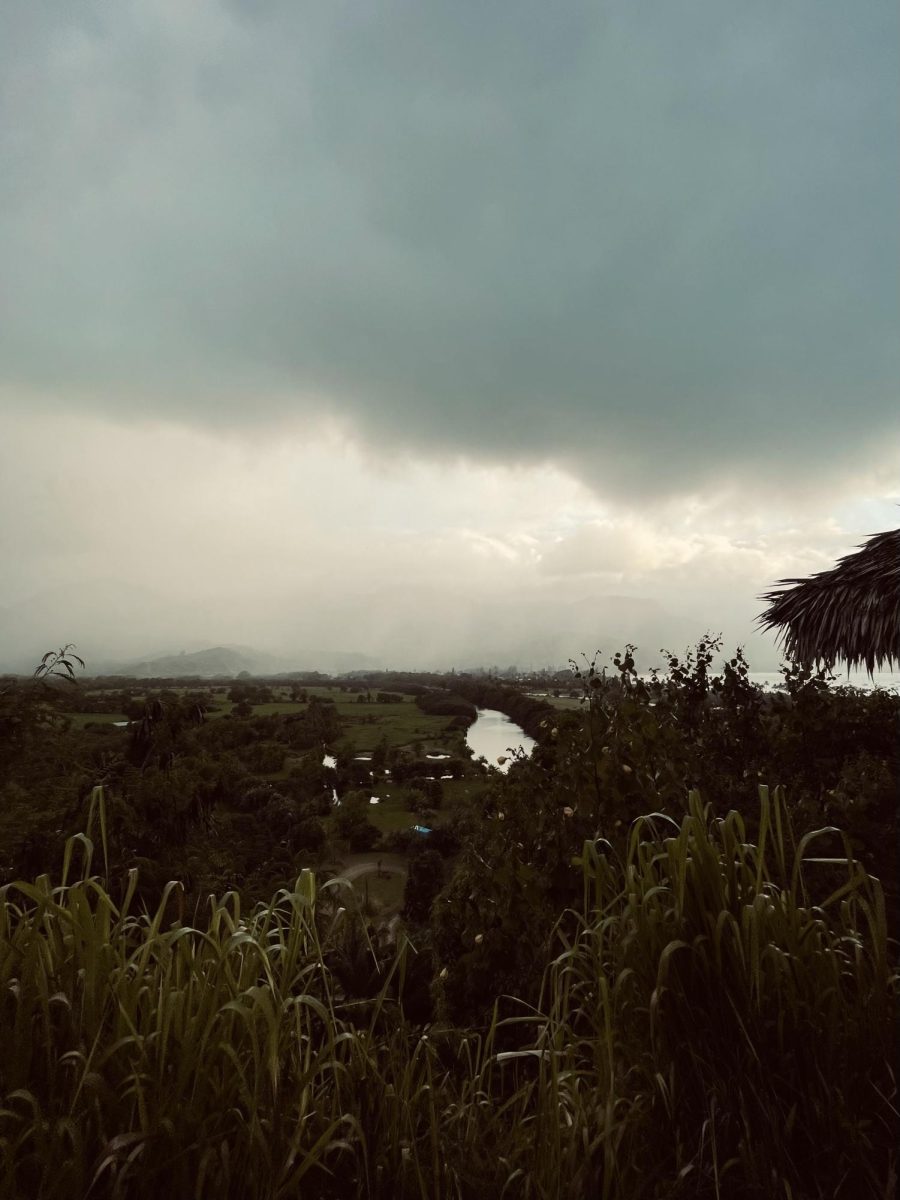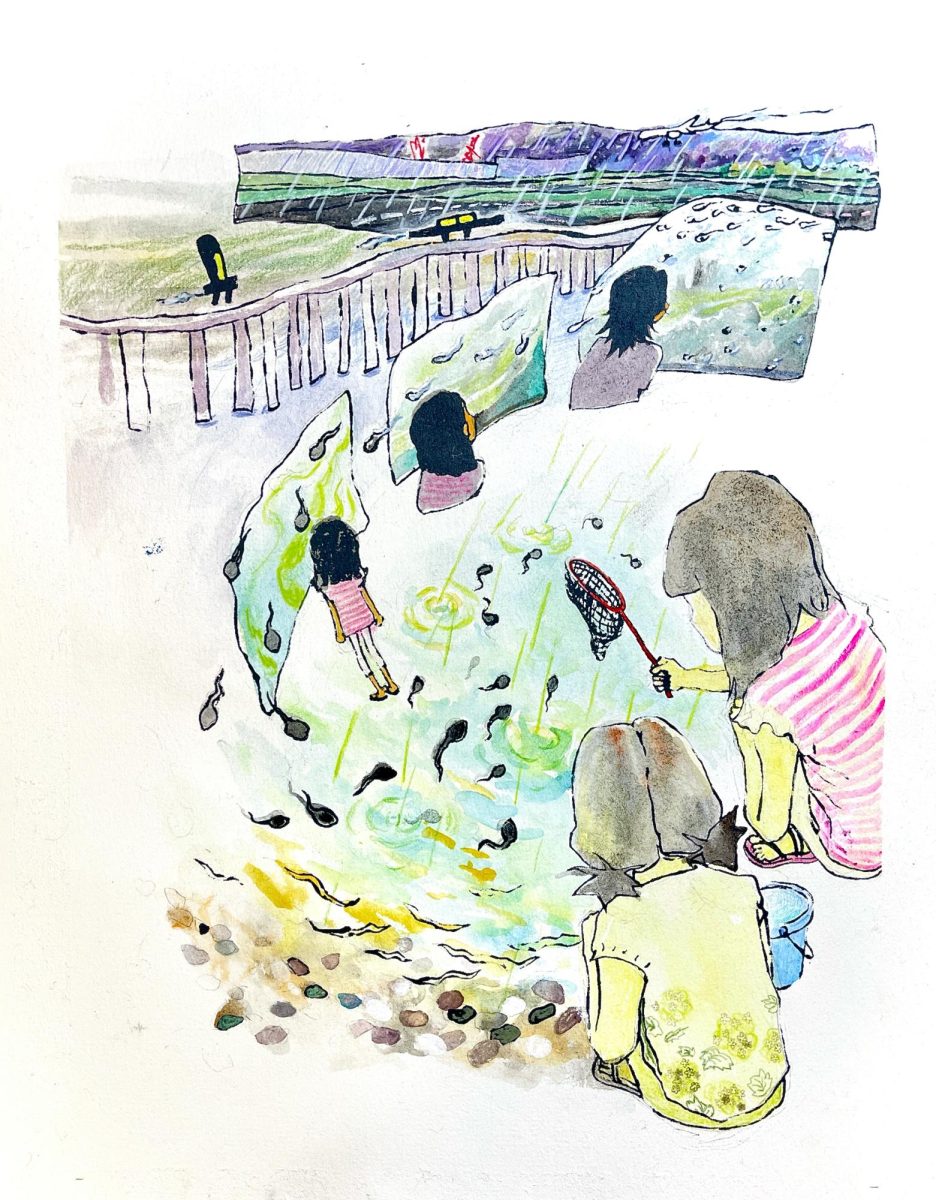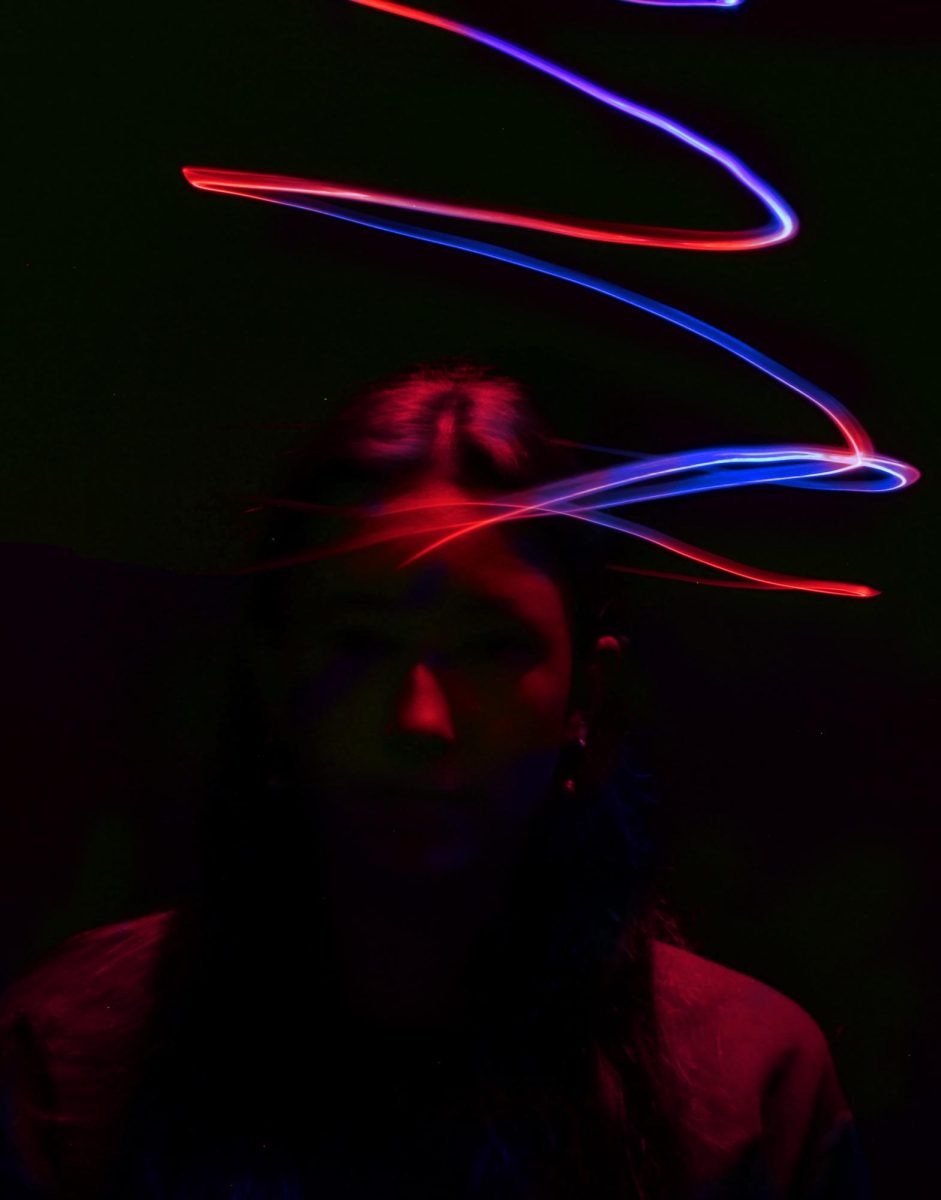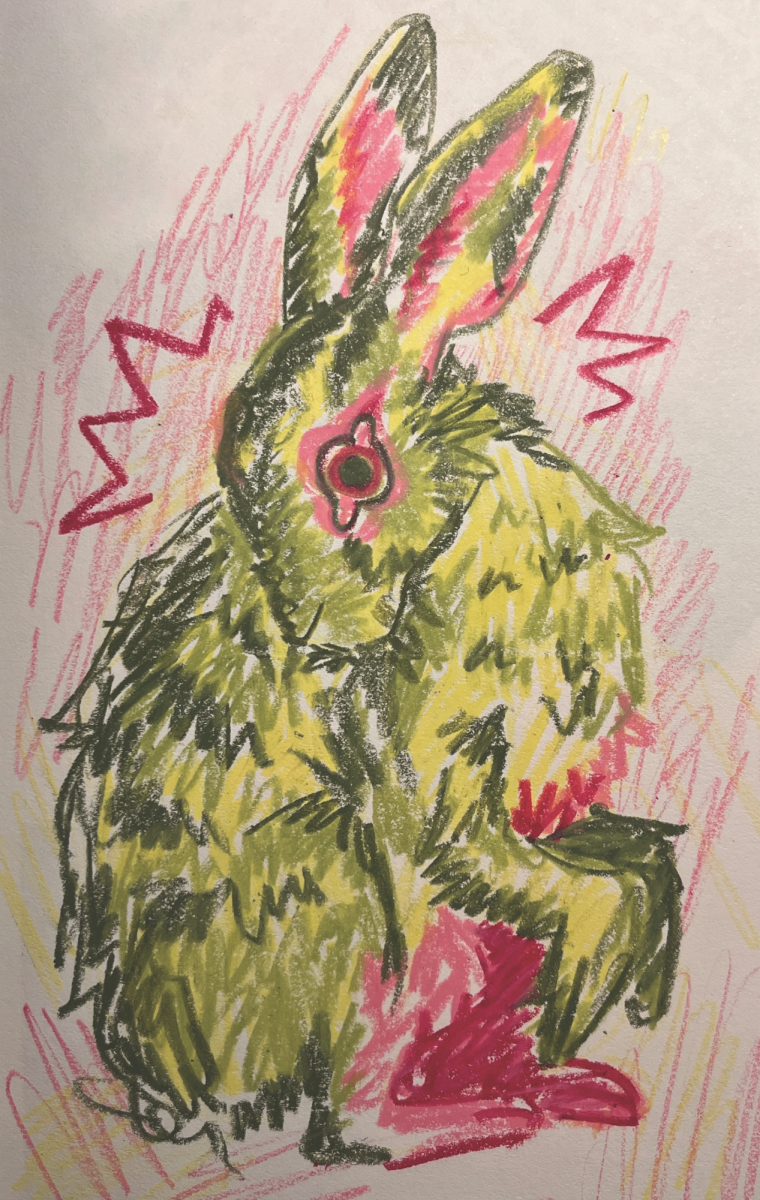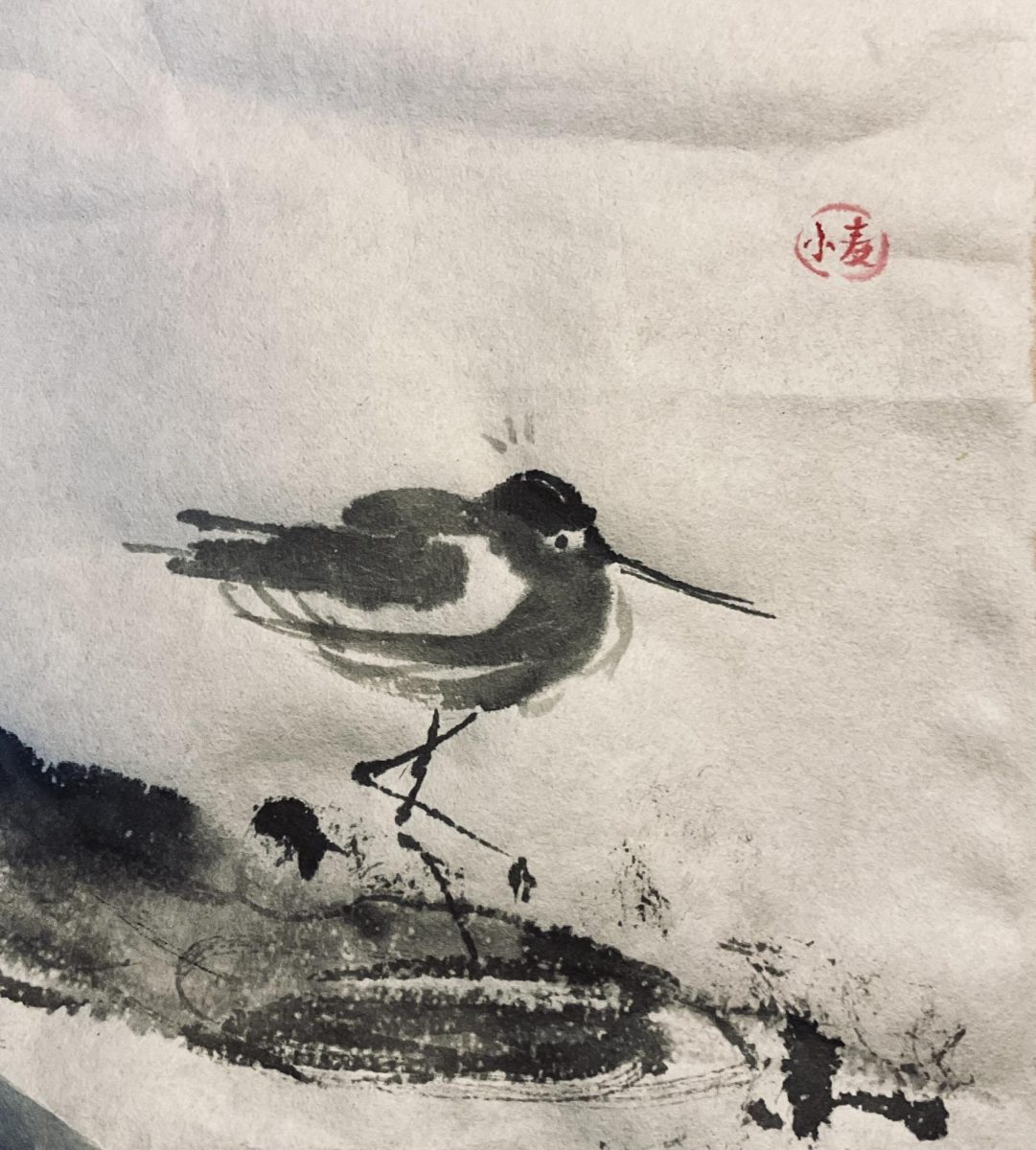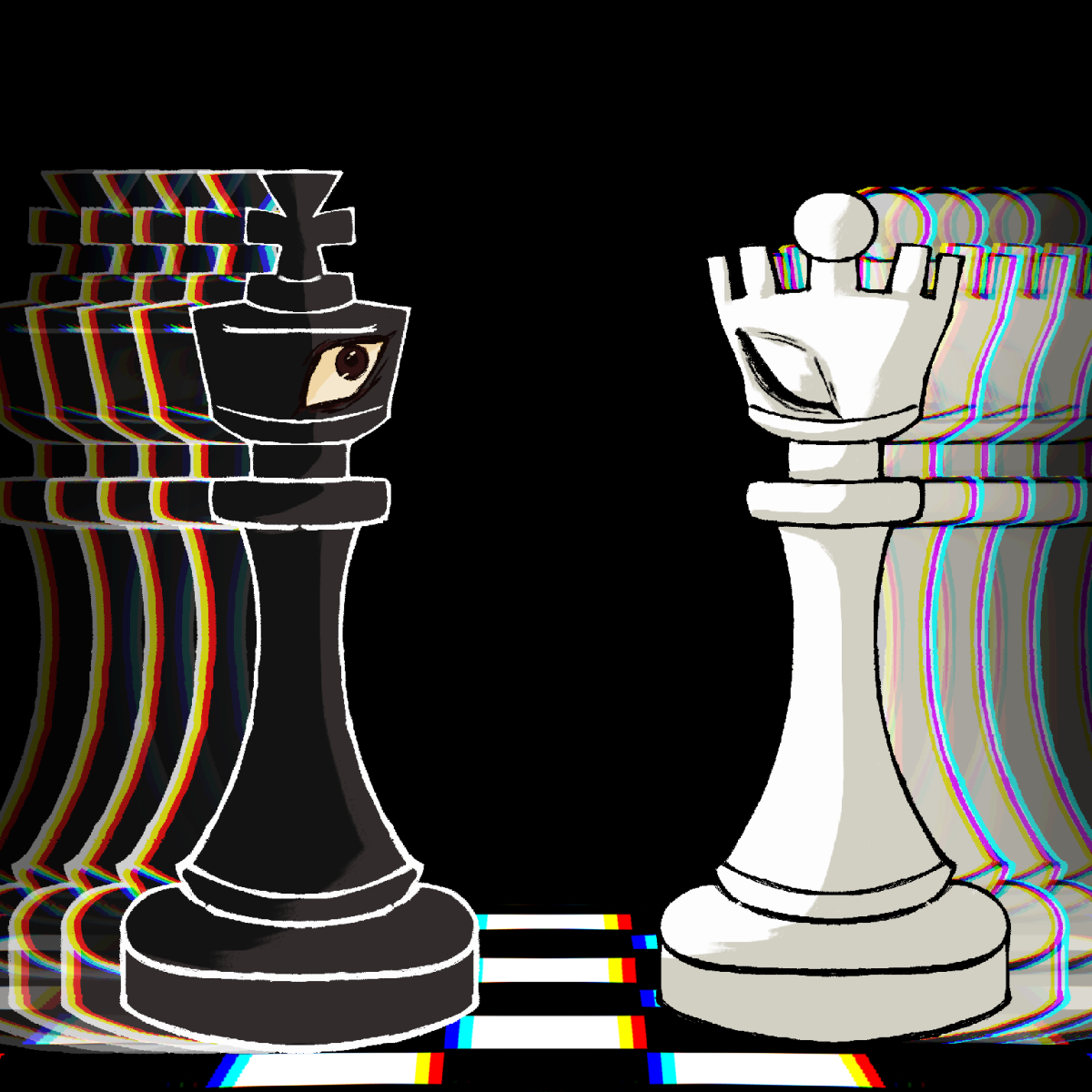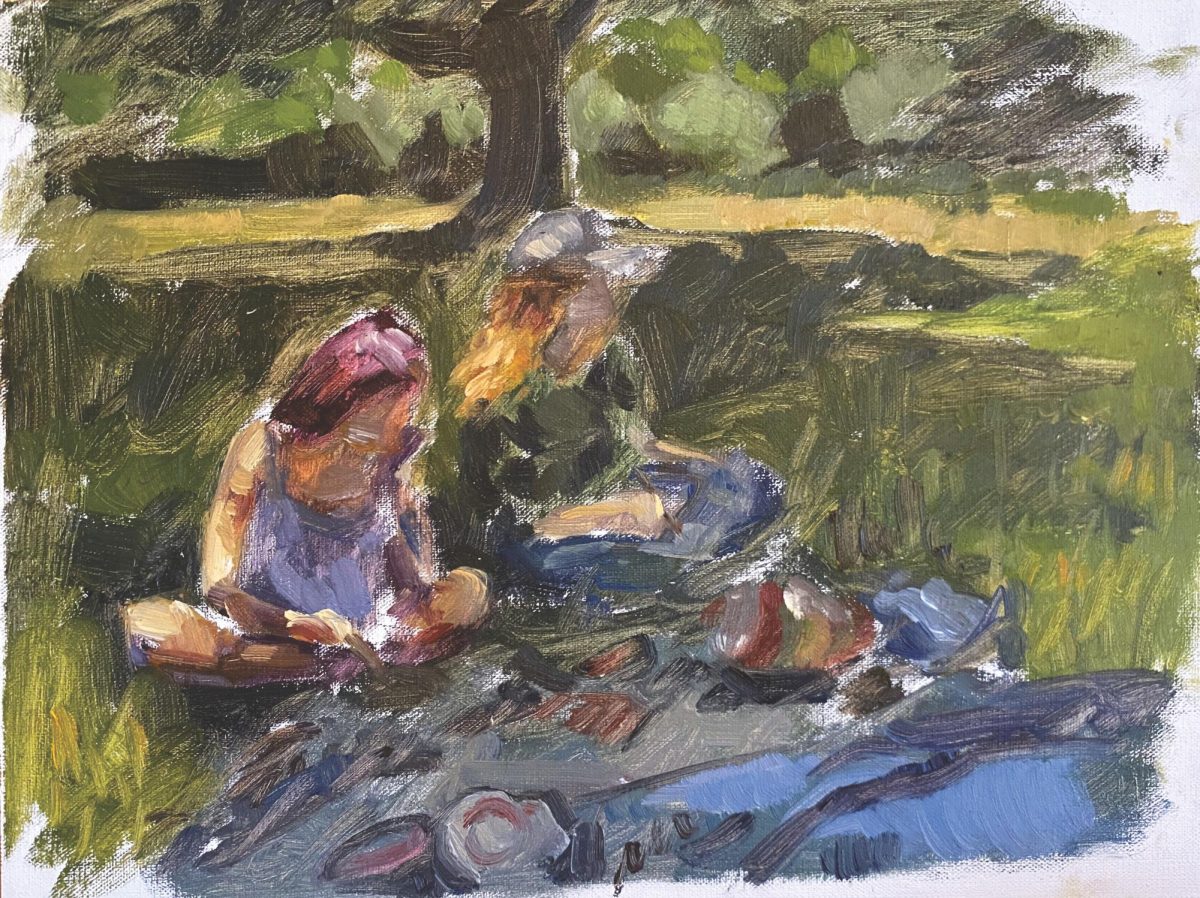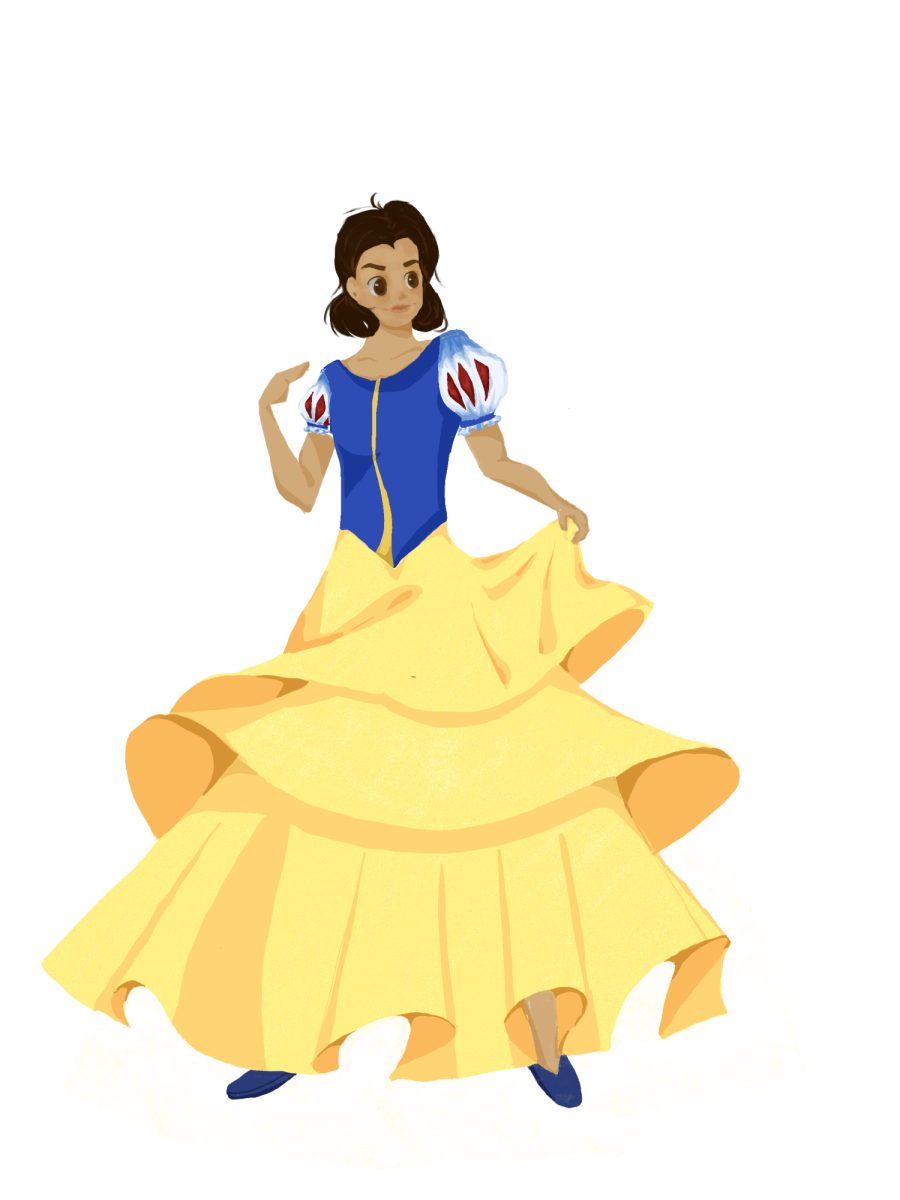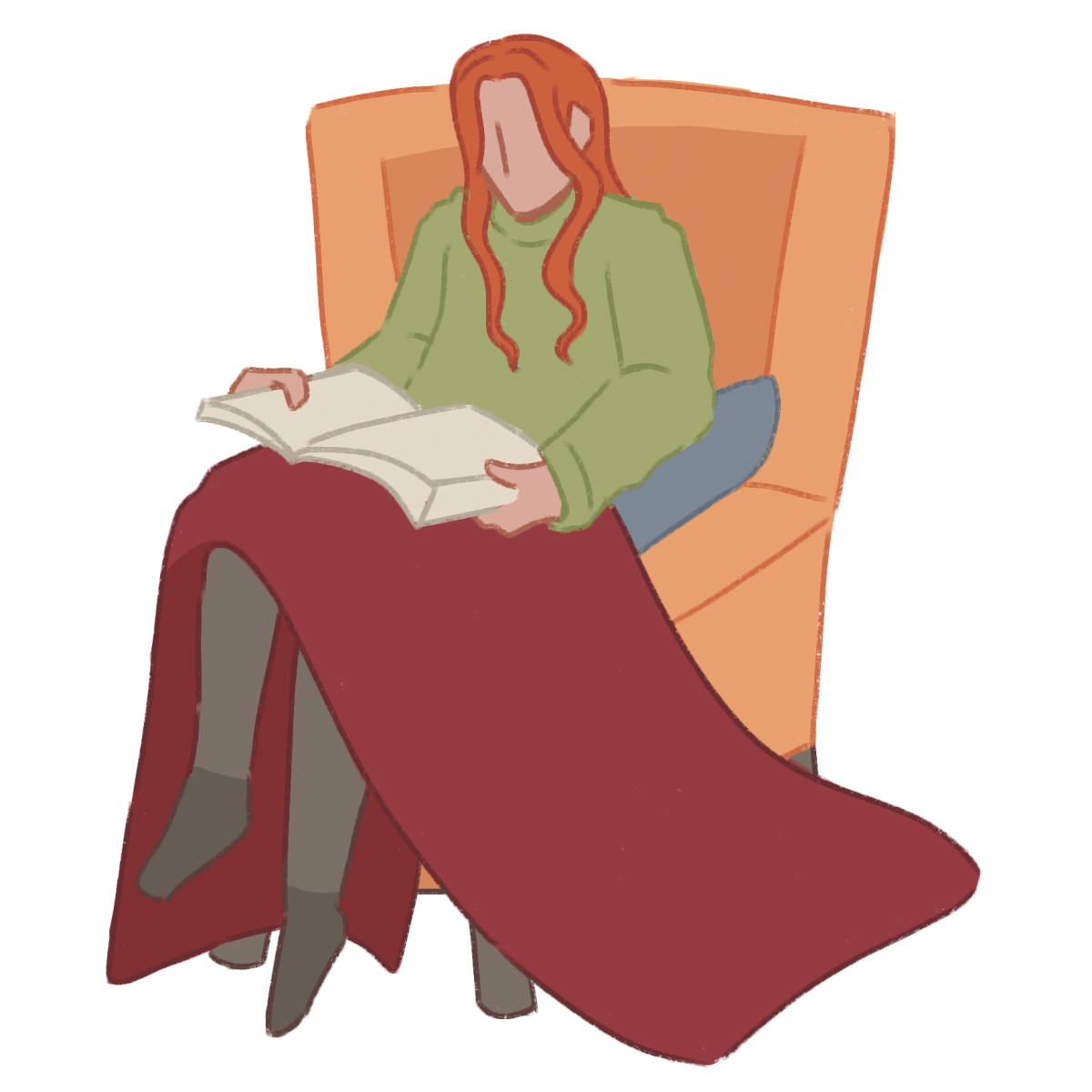COVID days passed by in a haze of online school and rolling around in bed: an endless cycle of screens and muddled fear inhabiting our lives. I was a new student in the PAUSD district, and after six months of finally building friendships with the people around me, I was now isolated at home. Without a phone, I could only communicate with my friends through choppy email chains and Google Chat messages.
At that time, I decided to do what I’d always done — read.
Reading has been a pivotal part of my life from a young age. Growing up in a Japanese-speaking household, my parents did their best to teach me English through children’s tapes and reading me classic children’s books like “Goodnight Moon” and “Dr. Seuss”. From that foundation of constantly hearing and reading words sprouted a deep love for reading and writing. In third grade, that meant writing and illustrating miniature books made from printer paper. In fifth grade, that meant getting a turquoise notebook from my teacher to start writing longer stories and novels.
But once I hit sixth grade, I stopped reading.
My focus turned to school. The combination of starting middle school and the high level of academics in the district proved far more challenging than my educational experience in elementary school. I wanted to make friends and go to ballet practices. The last thing on my mind was the passion for reading and writing I’d carefully nurtured for years.
However, once I found myself in a rhythm of online learning and cable news, my mind turned back to reading and writing. Beyond exploring the familiar narratives of realistic fiction and fantasy, I found myself beginning to explore other mediums of storytelling such as poetry and prose.
What I have discovered about poetry is the beauty of honesty and deep vulnerability that it requires. Whether you read it or write it, the author and reader build a connection that is fostered from the personal narrative embedded onto the paper. Honestly, most poetry shares central themes — themes that all of us can relate to.
The poet that got me hooked on reading and writing poetry was Amanda Gorman. I discovered her while watching Biden’s presidential inauguration. Her poem “The Hill We Climb” made me feel a light of inspiration in, as she phrases it, “a never-ending shade.” In a time of division both political and physical, I realized that poetry could be a binding force to unite us in times of difficulty.
After watching Gorman’s performance of that poem, I bought her book and annotated it everywhere, using my blue-green pens to pepper the pages with rapturous enthusiasm and passion. Every word carried a secret meaning, giving each phrase significance. I also connected with her experiences during the pandemic. In a time when we couldn’t meet and speak with each other, reading poetry was a way to deeply connect with people, even people whom I had never met before.
Since then, poetry has been something that I always come back to. It appeals to me because my words don’t have to make sense; in the poetry I read, their words don’t have to make sense. It is an incomprehensible stream of rhythm and soul between the reader and writer. The experience of reading poetry opens my eyes to different emotions and struggles, vulnerabilities and victories that shape our lives and our world.
I encourage everyone to read poetry, and then to write it. Poetry is the truest form of writing, because it is an unedited and authentic creation of thoughts being strung together into a tapestry of pure emotion. The experience of reading that art and writing it is something we all need, not just to make sense of an ever changing world, but also to invite empathy for ourselves, and others.
